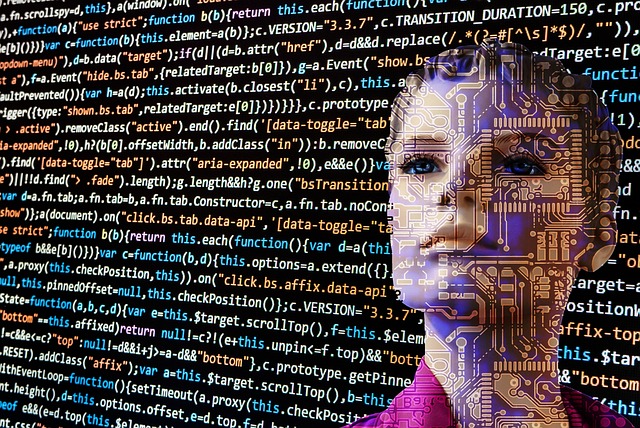Video games are no strangers to bugs and glitches. Since the first big breakout hits like Super Marios on the NES launched into player homes in 1985, oddities and errors have been a natural part of the field. Video games have so many moving parts that this reality is inevitable as something the industry understands. Yet, despite how common glitches and bugs in gaming have been, they’re not going away anytime soon.
Human game testers play a large part in the gaming software testing process. Teams of employees work to explore every level from every angle, and in doing so hope to illuminate any issues to be quashed. The increasing complexity of video games in the AAA space makes this task more complicated by the year, however, where AI is being leveraged as an indispensable new tool.
The Simpler Problems and AI Solutions
The basis of AI testing in gaming software is well-established owing to how well it has traditionally interfaced with simpler gaming experiences. Titles that have limited options and forms of player control mark the best candidates here, as simulating random controls and input in such titles is relatively simple.

Some of the best examples historically and in the contemporary space come from the landscape of online casinos. AI implementation on these services is seen today with what’s available on the best casino bonuses and offers on services like casinobonusca. These websites like Leon and Spin Away use AI to test website security and reliability under strain. This ensures collecting free spins and deposit matches is always a smooth experience. AI is also used to test the hundreds of games like slots and table games hosted on these websites, again guaranteeing reliability.
Modern Machine Learning Solutions
Modern video games take the challenges of software testing and introduce variables sometimes impossible to test by hand. This is where AI tools like machine learning come in. We’ve touched on these at Software Testing Magazine before, where machine learning can eventually simulate human behavior to reduce the reliance we have on human software testers. Such automated systems can then run 24/7, reporting crashes and odd game behavior for more in-depth human review.
It’s not just testing within the games that AI contributes to either, as it can also be extremely useful in testing different hardware and software combinations. This can be a challenge in PC gaming especially, where, unlike consoles, user hardware is not a fixed entity. LevelUp touches on this idea while noting that drivers and hardware on PCs make for hundreds of possible platform combinations. Testing all of these different setups might be impossible by hand, but some can at least be automated through a properly trained AI process.
Leveraging a Public Beta
Another popular step in the modern game testing space is to run early public betas to explore potential issues. Games like 2021’s Battlefield 2042 and 2020’s Marvel Avengers had notoriously disastrous open betas, but this failure also helped under some common issues. AI could be used on hundreds of user reports to determine where the most common problems were found. AI could also be used to point towards the shared gameplay systems or hardware combinations that might be responsible for the issues users face.
Bug Replication
Software testing and bug fixing isn’t just about addressing a problem, it can also depend hugely on the tools available for replicating issues. Crash reports for games have been common for decades, but AI again takes the potential of these systems a step further. With AI testing tools, players’ input commands can be saved as a kind of demo file, similar to what Doom leveraged back in 1993. These files can then be used on different systems to play back actions with 100% accuracy, revealing if some odd combination of events somehow triggered a crash, or if the issue might be unrelated.
As with other forms of AI, the use of artificial intelligence in software testing games will revolutionize the industry, but the human element will persist. AI can streamline many processes, but its ability to determine the nature of issues within the context of a greater system is still too limited to usurp humans completely. With the tools improving every day, gamers can only hope that this manifests as a new age of more reliable and bug-free games, at least as long as management sees fit to invest in AI technology.

